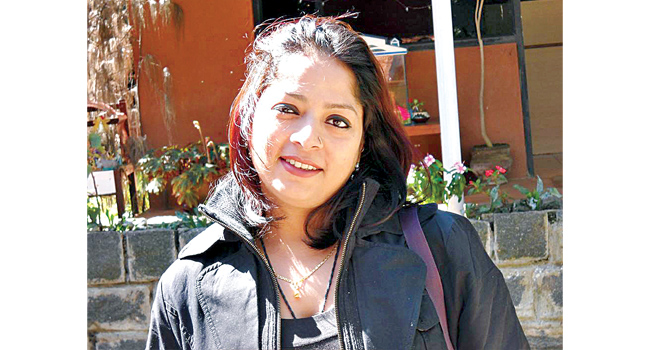As she entered the Delhi Metro construction site, on her very first day of work, she heard "She must be a visitor." "There were about a hundred men, mostly laborers with a small number of engineers. They believed I wouldn't last very long.” Annie recalled. The first and only female tunnel construction engineer in the nation remembers that there were no restrooms, no places to sit, and debris everywhere. In a world full changing and emerging architectural trends, tunnel construction work is ready to rule the urban development.
Read More: Sustainable Construction and Green Building: How Important They Are?
“A German engineer and my boss asked me to get inside it and open a nut. Even before I realized what I was doing, my face was gushed by hydraulic oil. The colleague said my face would glow for the rest of my life. Today tunnelling is my life," said Annie, during the inauguration of South India's first underground Metro rail.
In the history of history of tunnel construction, she was the only one operating Godavari, the tunnel boring machine in Bengaluru from Sampige Road to Majestic. Because the machine had got damaged shortly after she started working as an assistant engineer for Bangalore Metro Rail Corporation (BMRC) in May 2015, she refers to it as her "tunnel." She used to spend eight hours a day in the tunnel after that.
She used to spend eight hours a day in the tunnel construction site after that. "Sometimes when people see me with the helmet and jacket and learn that I work for Namma Metro, they would only ask when the work will get over," she said. She recalled her arduous journey and stated that, after earning her mechanical engineering degree from Nagpur University, Annie intended to pursue her master's.
However, she lost her father, and so she had to find employment to help her family out of a financial bind. In October 2007, she accepted a job offer from Senbo, a Delhi Metro contractor.
Read More: Haier: Tier 2 & 3 Cities Are Vital
She started her work at Chennai Metro in 2009 and spent the next six months in Doha in 2014. As unmarried women are now permitted to work in Qatar, unlike then her visa application was turned down thrice. However, she fought with them for the fourth time to get it.
In the male-dominated field, Annie is proud of her work, and the sheath that truly keeps her robust is the "not bother about what is going to happen tomorrow."
She wants more women to work in traditionally male-dominated fields and to shatter stereotypes. She wants a tunnel boring machine operated by women and prefers the coming females to work in the tunnel.

Comments
Post a Comment